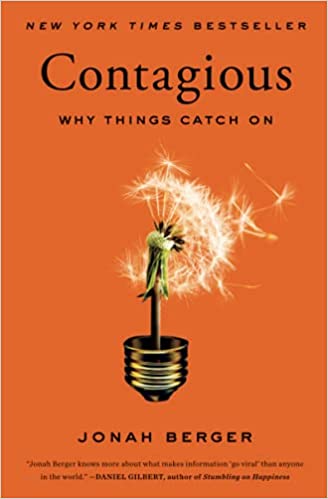At a high level, this learning can be about the rules and standards of a group or society. How should a good employee behave? What does it mean to be a moral person? Or on a more basic level: who’s a good mechanic who won’t overcharge?
Stories often provide proof by analogy
Most ads for mechanics will say they have great prices and do good work, but without really checking, it’s hard to know for sure. Ads aren’t always trustworthy, and people are generally sceptical of persuasion attempts. Stories solve this problem. They provide a quick and easy way for people to acquire lots of knowledge in a vivid and engaging fashion. You can think of stories as providing proof by analogy.
This happens partially because we’re so caught up in the drama of what happened to so-and-so that we don’t have the cognitive resources to disagree. We’re so engaged in following the narrative that we don’t have the energy to question what is being said. So in the end, we’re much more likely to be persuaded.
If you like this book excerpt and want to learn more about psychology of marketing and persuasion feel free to subscribe to your weekly dosage of marketing wisdoms or check the book Contagious: Why Things Catch On by Jonah Berger.












